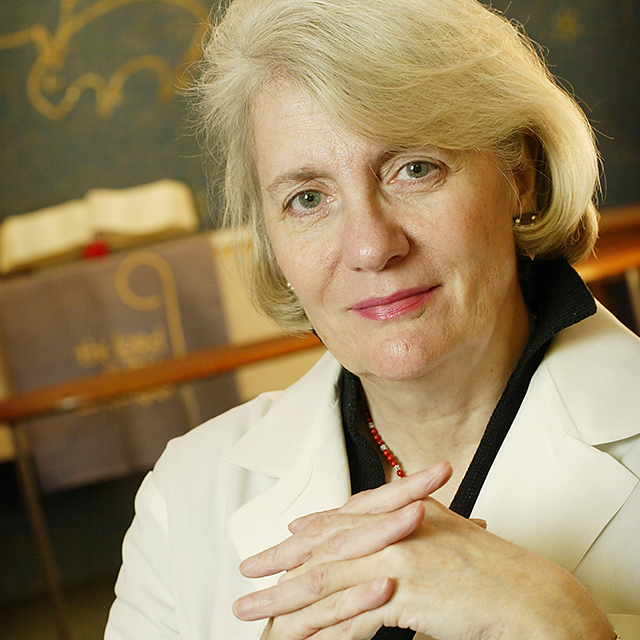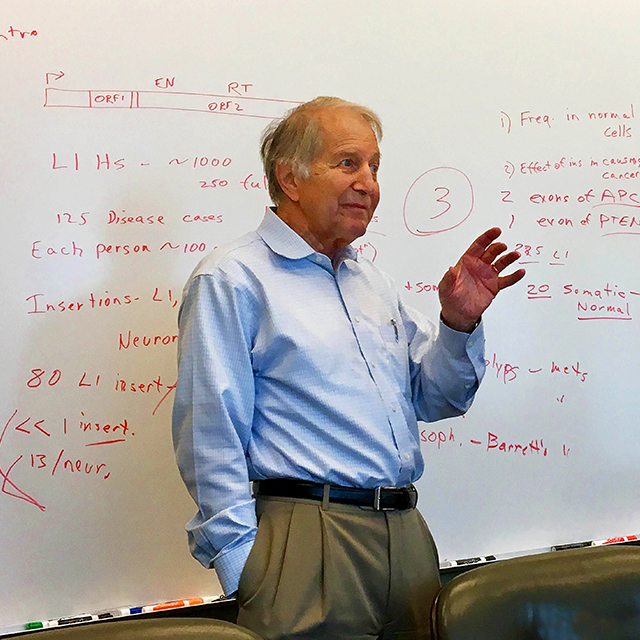C. Richard Conti ’60, an internationally renowned cardiovascular researcher, educator, mentor and prolific writer who began his six-decade career at Johns Hopkins, died suddenly at age 87 at his home in Gainesville, Florida, on Feb. 21.
“He was one of the most respected and skilled clinical cardiologists in the nation,” says Johns Hopkins cardiologist Hugh Calkins, director of the cardiac arrhythmia service. “He was a true giant in the cardiology field.”
Conti earned his M.D. from the Johns Hopkins University School of Medicine in 1960, was assistant and chief resident in the Osler Medical Service, and became an assistant professor of medicine, and later an associate professor and director of the Cardiovascular Diagnostic Laboratory and Wellcome Research Laboratory. During his residency, he spent two years as a captain in the U.S. Army Medical Services, from 1962 to 1964.
At Johns Hopkins, Conti focused on coronary artery disease, specifically ischemic heart disease. He became one of the first interventional cardiology pioneers as coronary angiography was emerging.
Johns Hopkins cardiologist James Weiss was a first-year fellow when Conti was head of the catheterization lab. “He was just great to work with — extremely affable, very knowledgeable and supportive of the fellows,” he says. “He was a great teacher and tremendous advocate for young clinicians.”
At the age of 39, Conti was recruited as a professor of medicine to the University of Florida College of Medicine, where he would spend the next nearly 50 years of his career, serving as chief of the division of cardiovascular medicine from 1974–98. He brought with him a first-of-its-kind randomized clinical trial that investigated coronary bypass surgery as a treatment for coronary artery disease, helping to grow the division to become nationally and internationally recognized for its research and training.
Conti chaired the first national randomized prospective trial of medical versus surgical intervention in patients with unstable angina pectoris and another trial comparing medical therapy with revascularization in patients with stable angina. He also served as president of the American College of Cardiology and as editor-in-chief of Clinical Cardiology.



